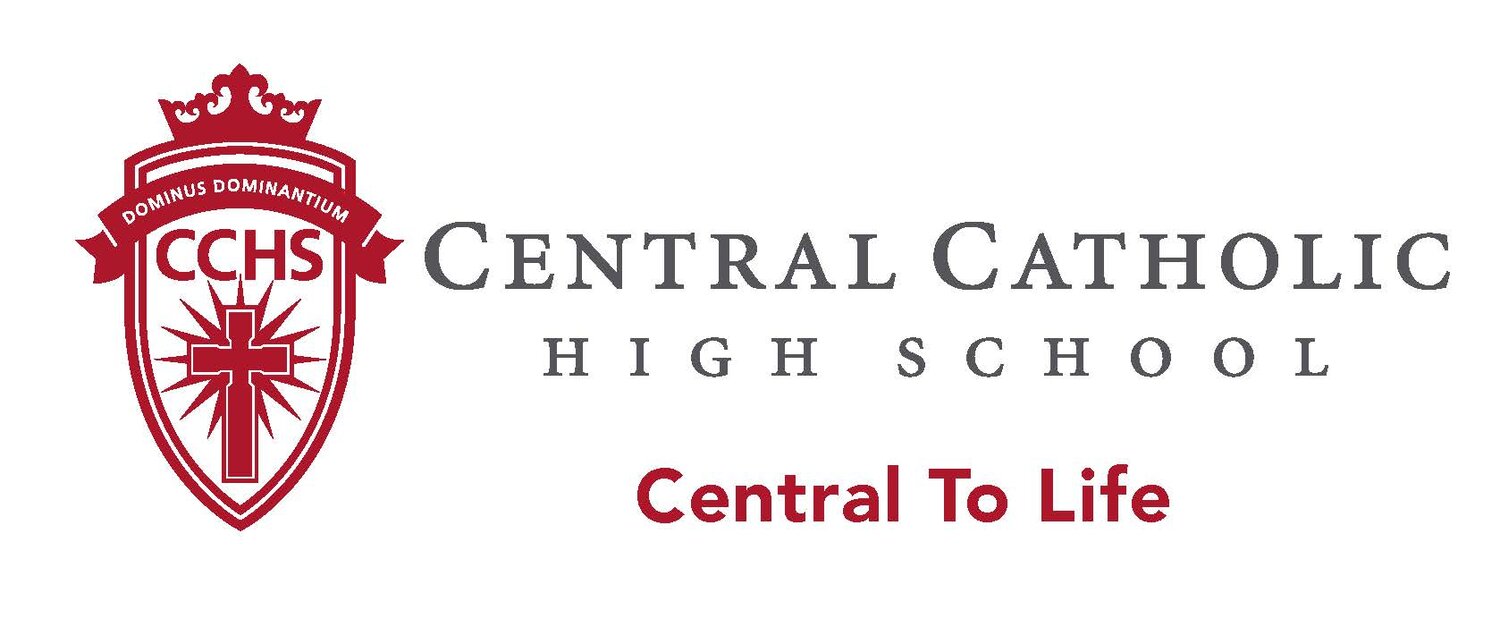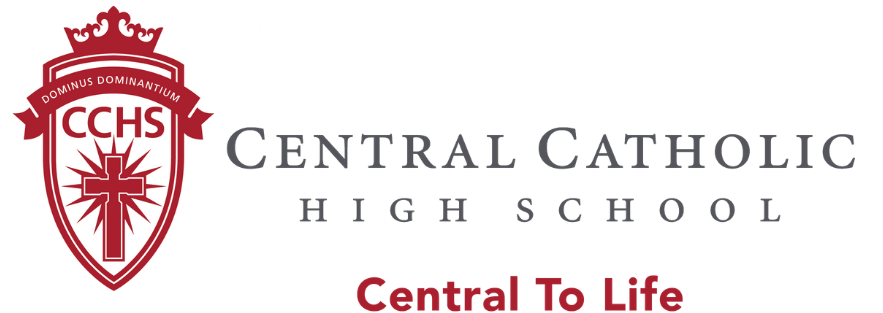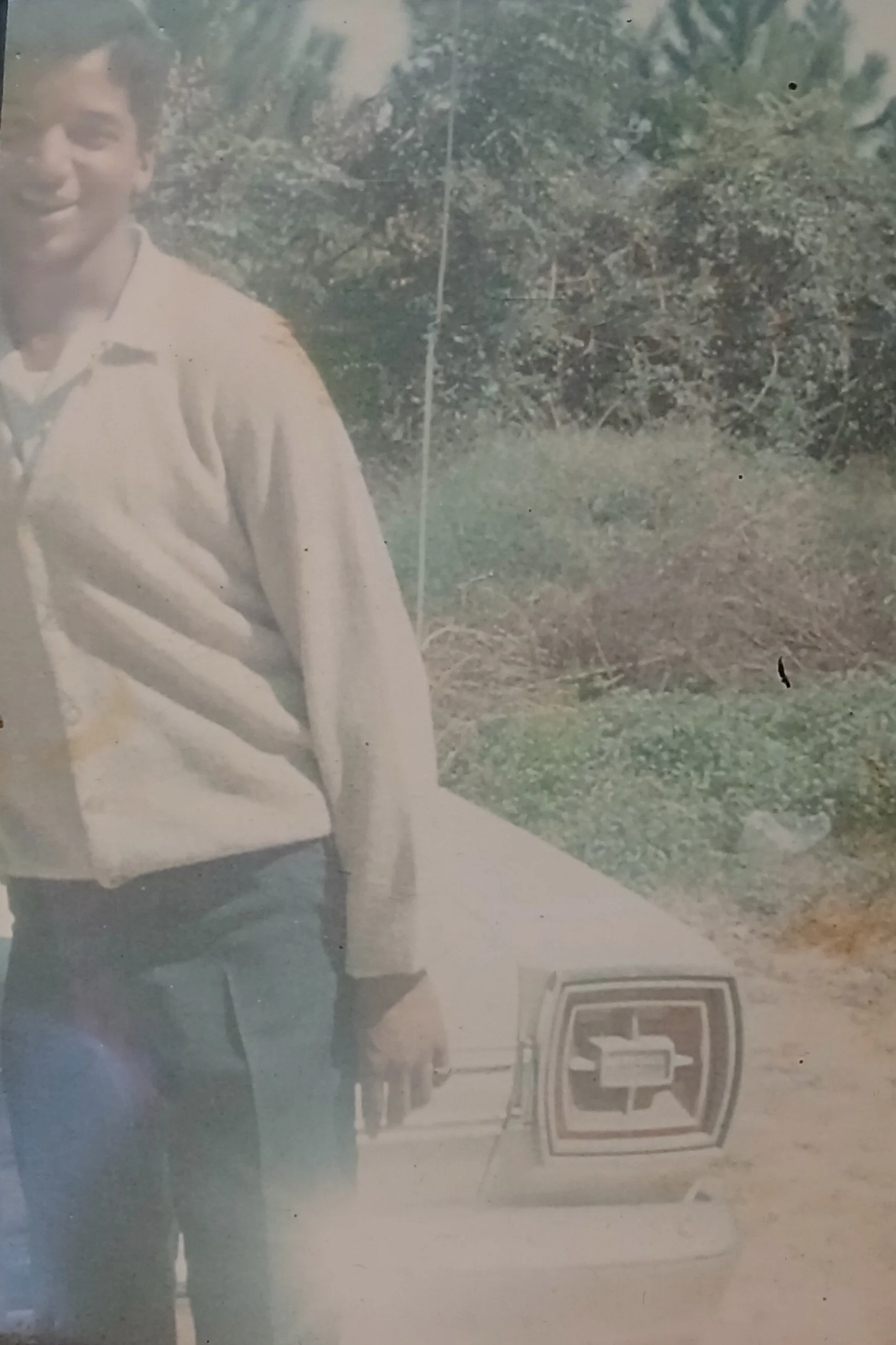After the Bell with CCHS Staffulty Member Emily Andre
Have you ever wondered what teachers and school staff do when they are not at school? We decided to find out!
This is the 10th in a series of stories about some of Central Catholic’s faculty and staff members and what they like to do after the bell rings at the end of the day. Some have surprising hobbies, others have creative talents. With this series, we hope to shine a spotlight on the special people who work with our students every day!
Putting it in Writing
Emily Andre is in her 2nd year at Central Catholic as an administrative assistant, and she helps with the day-to-day operations of the main office. One of her hobbies outside of work is writing. She self-published a book of poetry, Poems of the Heart, on Amazon in 2022, and she plans to publish at least two more books of her poetry.
Emily is also working on a book about her father, who was one of the students killed during the civil rights movement in the 1960s in Orangeburg, SC on the campus of South Carolina State University. This topic is understandably difficult for Emily to write about, and she is taking her time to get it right. She has also been interviewed for a documentary that is being made about the tragic event.
The Orangeburg Massacre occurred on the night of February 8, 1968, when a civil rights protest at the university turned deadly after highway patrolmen opened fire on about 200 unarmed black student protestors. Three young men were shot and killed, including Emily’s father, Henry Smith, and 27 people were wounded. The event is one of the most violent episodes of the civil rights movement, but it remains one of the least recognized.
Although segregation officially ended in the south after the passage of the Civil Rights Act of 1964, the attitudes of some of its white citizens hadn’t changed. Discrimination still existed, including at the All-Star Bowling Triangle in Orangeburg. The owner, Harry Floyd, insisted that his business was exempt from segregation laws since it was private property. But the Black community wanted to change his mind.
There were two mostly Black universities in Orangeburg - South Carolina State and Claflin University - which meant that the town had more educated Black students than other southern states. Many students were determined to combat racism in their community and beyond, and they became involved in the civil rights movement. They gathered at the bowling alley in peaceful protest for several nights, with the crowd growing larger each time.
The governor called in the National Guard to intimidate the students and attempt to put a stop to the protest and to any potential violence. They were joined by law enforcement, and most were armed. The students had built a large bonfire at the campus entrance, and they were told to put it out. Tensions escalated, items were being thrown at the officers, and some of them opened fire at the protestors.
“The Orangeburg protest was about people of color who couldn’t go to the local bowling alley whenever they wanted to,” Emily explained. “State troopers were called to the campus and assumed the protestors had guns. I believe in the chaos of all the people, the sounds of a crackling fire made the officers think gunshots were going off, and the officers started shooting at the students.”
There was not much press coverage of the incident, and what was reported was often incorrect. The Associated Press initially reported that the student protestors were armed and that they fired first, which was later determined to be untrue. Only 9 of the 70 armed officers were charged with shooting at the protestors. They claimed self-defense, although they had no evidence, and they were all acquitted.
Emily was just a year old when her biological father was killed in Orangeburg, and she was not told who he was until she was 10 or 11 years old. “There were so many conflicting stories after the tragedy happened, and my family was treated unfairly and even shunned by others who thought the students were in the wrong,” Emily said. “My mother went on to marry the father who raised me, and I have 3 sisters and a brother. My mother and grandmother didn’t talk about what happened because it was too painful.”
After Emily found out who her father was, she spent a lot of time with her grandmother and learned more about him. “All he wanted to do was stand up for other people, to have the same rights as everybody else, and just to go bowling when he wanted to. He was taken away from us for wanting that.”
Emily is more comfortable sharing her story now that she is older and her daughters are grown, and she is becoming more of a spokesperson for her family about the event. There is a yearly commemoration in Orangeburg that she has attended, which she said is difficult for her, and there is a legacy plaza on the campus at South Carolina State. She has also met Rosa Parks and Martin Luther King III at civil rights events. She is considering sharing her story in the form of a children’s book.
Emily has been writing since she was in 3rd grade. Her school had a contest to write something in response to Martin Luther King, Jr.’s famous speech, and it really awakened her. She had been struggling in school, but she was excited to read her entry in front of everyone. “It gave me confidence because I had always been nervous in front of people,” she said. “But I won the contest! It made me braver, and it made me realize that I matter and that I could be whatever I wanted to be.”
She first shared her writing with her mother, who thought it was amazing. “My mother got me a desk and encouraged me to keep writing. Writing poetry helped me examine and share my feelings, especially as I continued it into high school. It has helped me not to be afraid to share the real me and to show people that I love myself, that I am sincere, and that I care.”
Emily also uses her writing skills when sending daily affirmations as a licensed pastor through Eternal Life Fellowship Ministry, and as she works on her business degree.
Emily and her husband, John, have been married for 33 years and have two daughters - Christiana (32) and Felicia (22).
Previous Editions of “After the Bell”
Kim Bremer (August)
Ernie Lamb (September)
Logan Lorenzen (October)
Kylee Stewart (November)
Tyler Kleeberger (December)
Abigail Kruse (January)
Whitney McHaffie (February)
Michael Meachum (March)
Carli Christenson (April)







